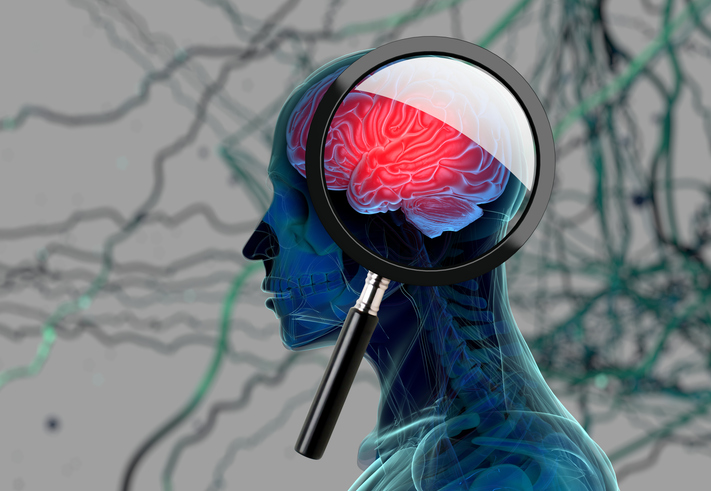A project looking to harness the potential of supercritical geothermal energy and research for rapid, low-cost diagnostics for early detection of diseases like Alzheimer’s are among 19 science programmes the Government has today announced funding for.
Science, Innovation and Technology Minister, Shane Reti said the Endeavour Fund backs bold ideas with the potential to strengthen New Zealand’s economy, drive innovation, and deliver benefits for all Kiwis.
“The DeepHeat project by the New Zealand Institute for Earth Science Limited (formerly GNS) will receive $10 million from the Endeavour Fund. Starting from 1 October, it will see over 20 leading global geothermal experts explore the significant energy potential of the Central Taupo Volcanic Zone,” said Dr Reti.
“Geothermal is a next-generation energy source and this project has the potential to be globally groundbreaking and strengthen New Zealand’s future prosperity. This research will provide critical insight into the exploration of supercritical geothermal energy the Government is funding through the Regional Infrastructure Fund,” said Regional Development Minister, Shane Jones.
“As New Zealand’s electricity demand continues to grow, so will our dependence on new energy sources. Geothermal fields aren’t impacted by the weather like other renewable energy sources such as hydro, solar, and wind, representing an important opportunity for our energy security.”
“This programme is part of more than $183 million in funding we’re investing in projects that have the potential to shape New Zealand’s future – from space technologies to healthcare, artificial intelligence, and clean energy,” Dr Reti says.
Projects funded in the 2025 round include:
Dr Reti says the projects show the power of science to deliver practical solutions.
“Past projects have led to world-first health technologies, advanced clean energy solutions, and innovations that strengthen our primary industries. The programmes announced today will continue that track record – creating new knowledge, growing the economy, and building a more resilient future,” he said.
“It’s also great to see many projects with a clear path to commercialisation, which means more ideas making it out of the lab and into the real world.”


